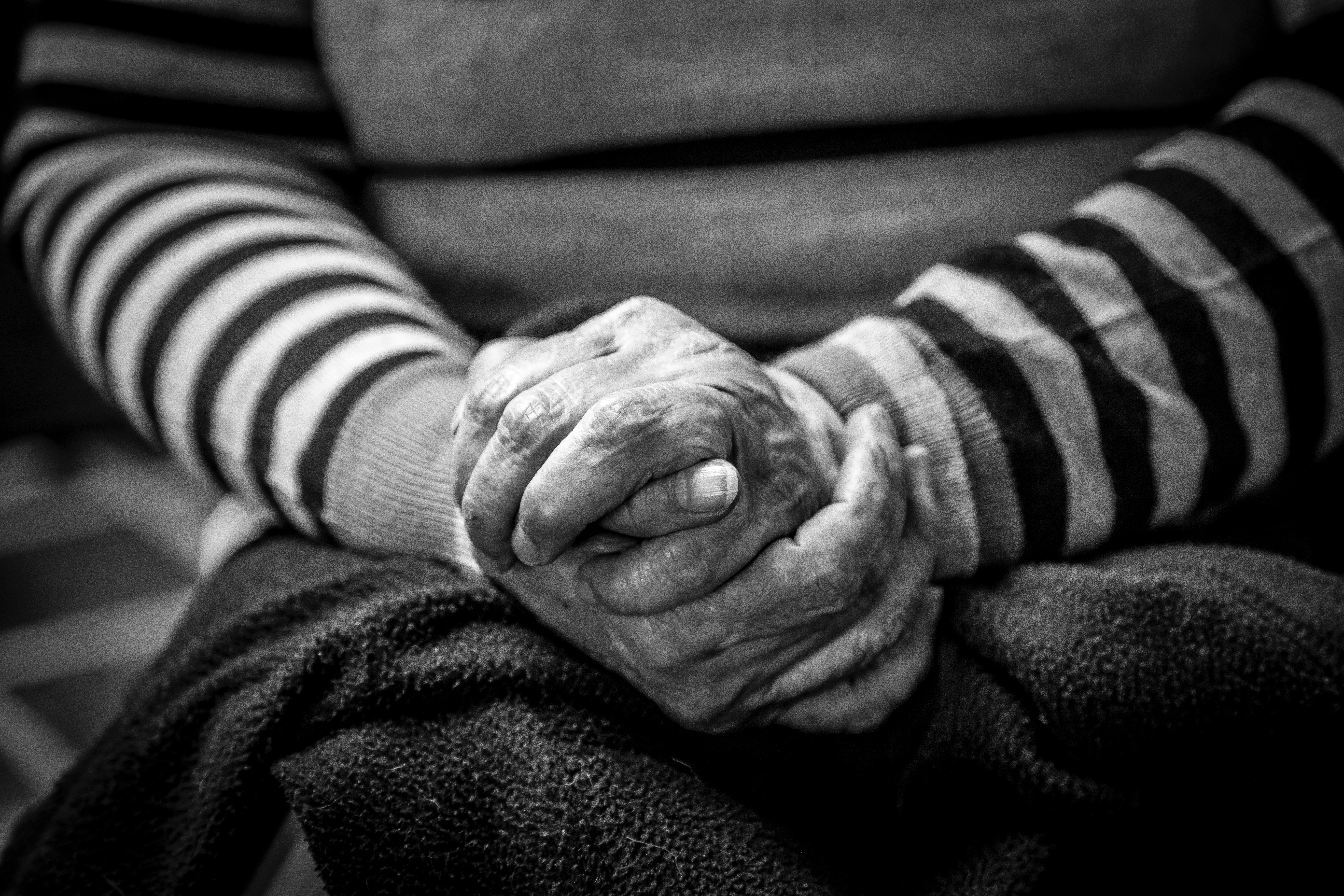We’re born to build connections – with family, with friends and with our communities. But in this hyper-connected world, feelings of disconnect among older adults have emerged as an alarming public health problem. While loneliness within our aging population is not a new issue, it has been further magnified and exacerbated by COVID-19.
Women are particularly affected, as they make up the majority of those 65 and older. There are twice as many women living alone than men and 40 per cent have reported feeling lonely. This is important, as loneliness can have a consequential impact on a person’s physical and mental health. With the holidays quickly approaching, it’s more important now than ever to stay connected and engaged with others.
Dr. Paula Rochon, vice president of research at Women’s College Hospital and the Retired Teachers of Ontario (RTOERO) chair in geriatric medicine, shares 11 strategies to promote social interaction and combat loneliness during and after COVID-19.
- Whether you’re a professional artist or an aspiring one, put your skills to the test and join a virtual paint night.
- Share your love of reading by starting or joining an online book club, or simply share book suggestions through platforms including Zoom, Facebook, Instagram or Twitter.
- Join Facebook Groups based on your areas of interest and connect with other like-minded individuals.
- Build your brain muscles with an online group puzzle. Join an already-being-built puzzle, invite friends to collaborate or start your own private one.
- Prioritize your mental and physical health through virtual wellness groups, including online meditation, Pilates or yoga, deep breathing relaxation, or low-impact exercise classes.
- Sharpen your culinary skills by looking into cooking and baking social media groups where you and other members can share your favourite recipes or signature dishes, upload photos of final products or share tips and tricks.
- Expand your vocabulary with free, online word games that you can download to your phone, tablet or computer, like Scrabble Go. Challenge a friend or stranger to a new match.
- Organize recurring weekly calls with your friends, family or neighbours to stay connected. Set aside the same day and time each week so it’s easy to remember and a consistent activity you can look forward to.
- Weather permitting, arrange walks to get exercise and enjoy the outdoors.
- Take out your pen, paper and stamps and mail your closest friends, family or neighbours handwritten holiday notes or cards.
- If you’re an animal lover, consider pet therapy, or virtual pet therapy, while strict COVID-19 protocols are still in place.

For additional resources, please visit:
Toronto Seniors Helpline (for support and referral to services)
416 217 2077 / 1 877 621 2077
Local Health Integration Network (LHIN) Home Care (to find out about services in your area)
310 2222 (no area code required)
Distress Centres of Toronto
416 408 HELP / 416 408 4357
Seniors Safety Line (Elder Abuse Ontario)
1 866 299 1011
The Friendly Neighbour Hotline (initiative of University Health Network’s OpenLab)
Seniors who live in low-income housing can call the hotline for delivery of up to 8 items (groceries or other essential household items). Toll-free: 1 855 581 9580 (available in 180 languages)
Student-Senior Isolation Prevention Partnership (University of Toronto and UHN Toronto Western Family Health Team initiative)
Volunteer U of T medicine students (who speak many languages) are available to call seniors to prevent isolation and provide COVID-19 information. Family physicians who have vulnerable senior patients they believe are at risk of social isolation can contact monisha.persaud@mail.utoronto.ca or DM @MonishaPersaud and/or @GeoffSem
Photo: Jorge Lopez, Unsplash


